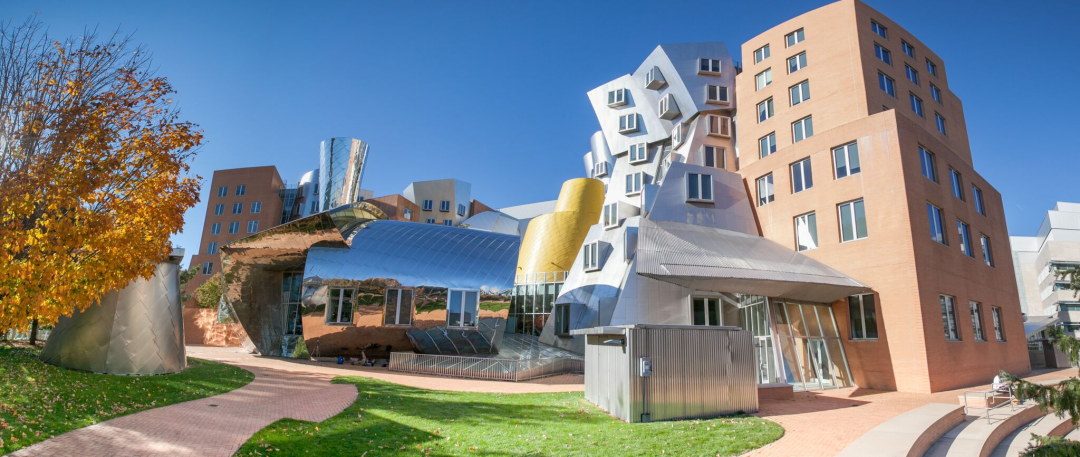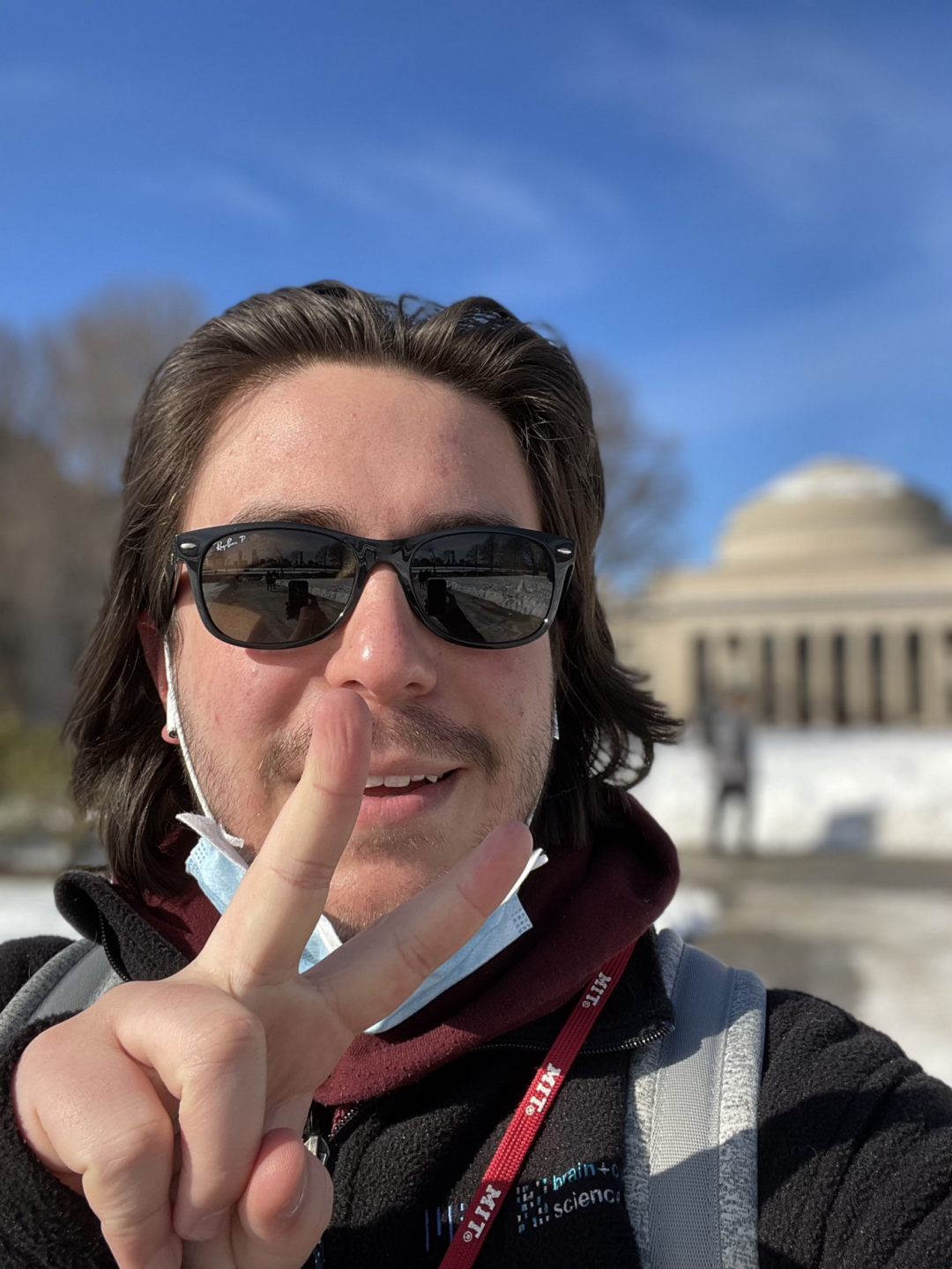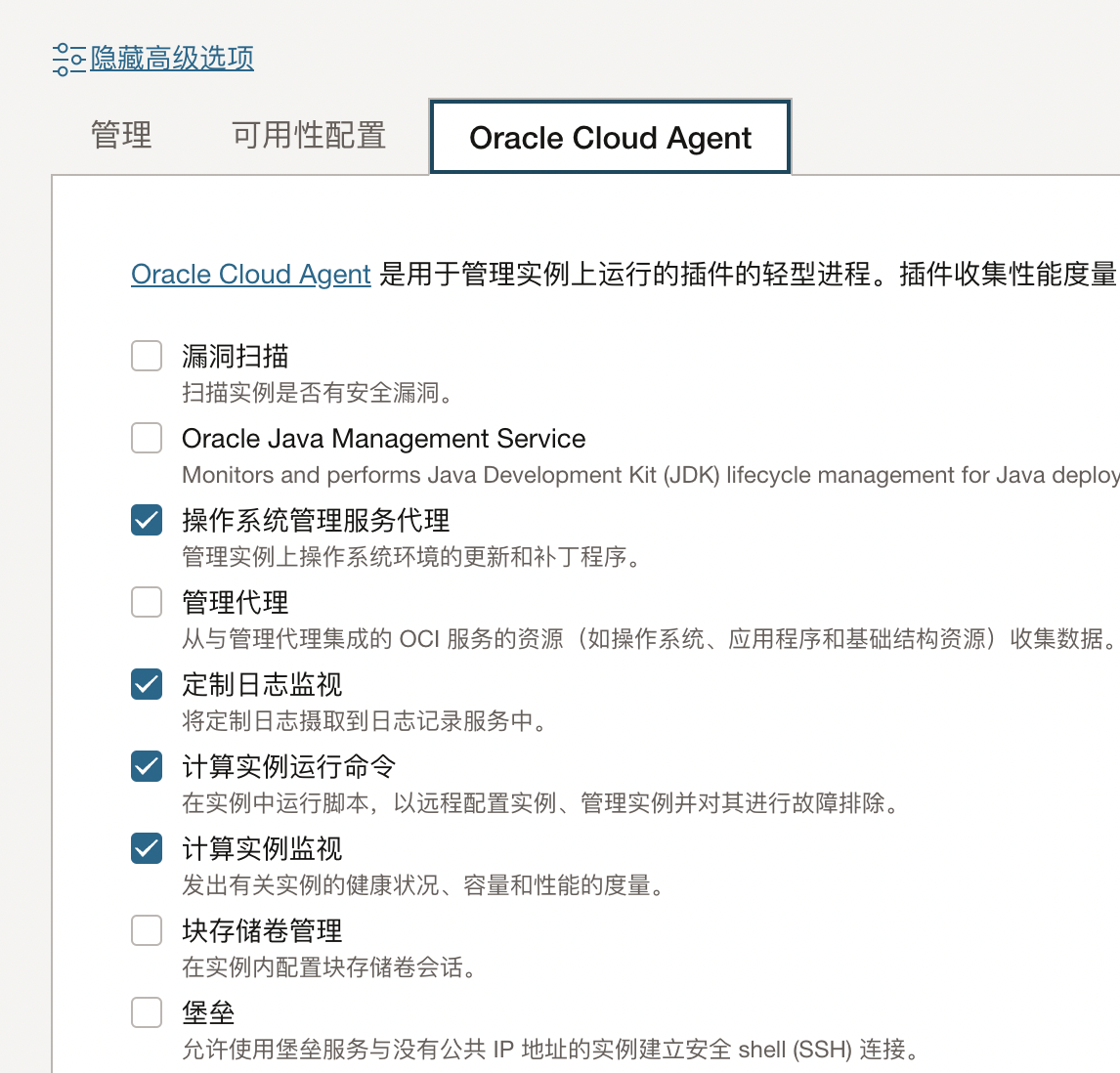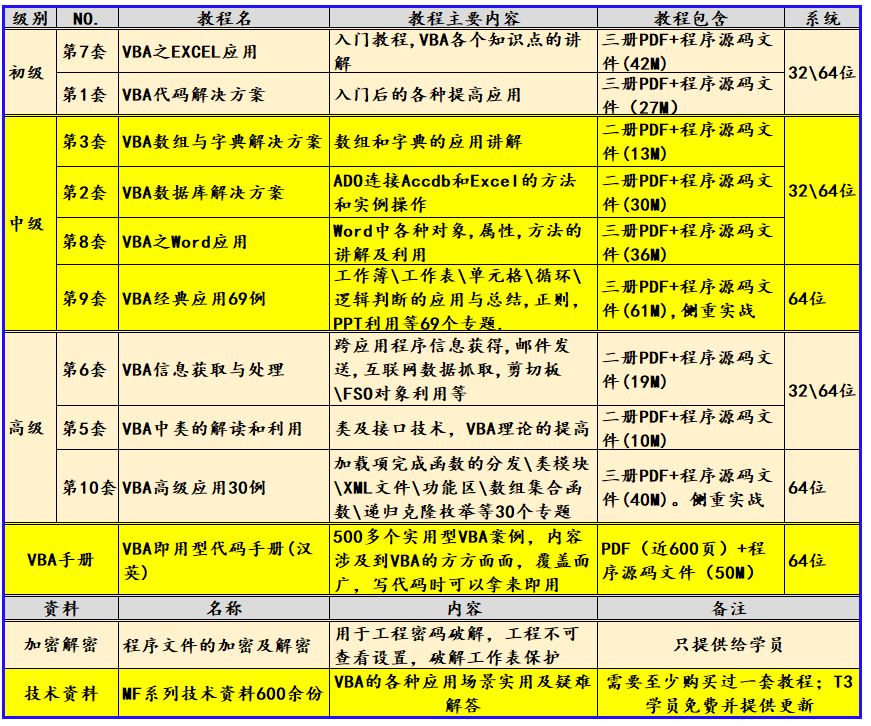
Mike Ferguson ,麻省理工学院大脑和认知科学系 (MIT BCS) 担任研究软件工程师 / ML 工程师。专门研究 Brain-Score(一种衡量类脑 AI 的工具)。他于 2021 年春季毕业于弗吉尼亚大学,获得计算机科学和应用数学学士学位,以及认知科学和哲学学士学位。

图注:Mike Ferguson
在本文中,Mike 分享了在麻省理工学院人工智能实验室一年中学到的 5 件事,包括他生活、成功和知识的一些看法,希望你觉得有趣或有用。
1 承认自己的盲区,质疑一切
Mike 在开始在麻省理工学院工作之前,刚从 UVA 毕业,主修计算机科学和认知科学,并辅修哲学和数学,自我感觉还不错,然而,当他第一次参加麻省理工学院周会时傻眼了 —— 他发现自己最多理解了讨论内容的大约 10-20%,在接下来的几周内他都在怀疑人生:难道智商太低不配进入麻省理工学院吗?为什么看起来只有自己不懂的样子?
Mike 注意到,实验室最聪明的人总是不断地提出问题,仅在第一周,他遇到了 5 或 6 个研究 AI 和神经科学交叉领域的人,研究 AI 和神经科学的交叉点的时间比他活着的时间还长。即使他们在领域以最大的专注度研究的数十年,甚至达到了绝对的巅峰,但还是在不断提出问题,解决问题和验证假设。
他明白自己来麻省理工的目的就是来不断解决不懂之处的。他放弃了伪装自己,坦然承认自己不了解目前进展的工作。
从不停止提问,每个疑问代表着一次机会 —— 可以缩小理解差距,提高自己的知识。正是对自己已有知识的充分认识,思考对立面是什么,才会拓展自己的知识边界。总是支持同事观点,总是希望别人知道他们有多聪明,是缺乏安全感的表现。在一个没有认知冲突的安全环境中,只会将自己的置于温水煮青蛙的境地。
不要想为什么要提问,而是不要停止提问。当你思考永恒、生命和现实背后奇妙结构的奥秘时,你不感到敬畏吗?这就是人类思维的奇迹 —— 使用它的结构、概念和公式作为工具来解释人类的所见、所感和所触。
现在,他已经养成了如果被问到一个问题,他会迅速反映说 “我不确定,我必须调查一下” 或 “很好建议,我必须进行更多试验才能确认”。
2 有时直率效果更好
“不要粉饰狗屎 —— 它只会阻碍科学进步。我们没时间搞那些废话。”
当他被告知在麻省理工学院实验室担任的职位时,Mike 想到了自己本科期间结识的从麻省理工学院 EECS 获得学士和博士学位的教授。他跑去咨询该教授一堆问题:麻省理工学院怎么样?文化上与 UVA 的异同?长相怪异的蒂姆・比弗(Tim Beaver)是怎么回事?波士顿物价为什么这么贵……
教授告诉他很多很棒的技巧,但他特别记得的是他的 “警告”:“在麻省理工学院,直率无处不在。如果你有一个愚蠢的想法,人们会告诉你的。如果你不擅长你所做的事情,人们也会告诉你;如果你的假设是垃圾,对方无论是在几个人的房间里都会对你指出。”
Mike 拿小本本记下,在几个月后召开了他的第一次实验室会议时就领教了其中厉害… 他有一些想法,被大家告知不成熟;他犯了一个技术错误,被人直接叫了出来。麻省理工学院的每个人都会遇到这种情况 —— 无论你在《Science》上发表了 13 篇论文,还是从未发表过。这似乎都是在麻省理工学院会遇到的一种文化。事实上,如果有听众不断插话和提问,这甚至被视为一种尊重的表现 —— 意味着他们很感兴趣!如果自己的演示没有人打断,那可能是一件乏味的事情。
对知识的探索和对科学前沿的推动在 MIT 是神圣的,这种能够获得坦率、客观的反馈尤为推崇。在 MIT,直率沟通的时间和地点是随时随地的,你可以专注于工作,而不必担心批评是对本人的,它们仅仅是对工作的批评。在过去的几个月里,Mike 来寻求这种直率和客观的反馈,随着时间的推移和获得该领域的知识方面提供了最大的 “物有所值”。
我们尝试学习的时间有限尽己所能,那么为什么不去拥抱批评这种直观反馈呢?
3 学徒心态
“反复的失败会让你的精神变得坚强,并以绝对清晰的方式向你展示必须如何去做。”
Mike 有一项坚持了 3 年多的 Book-a-Week 挑战。在近四年的时间里阅读了 170 多本关于人工智能、哲学以及作为人类的意义的书籍。
他从书中获取的是:要成为某事的大师,真正了解一个领域并产生影响,必须经历发展的各个阶段。完成正规教育后,你可以进入 “学徒” 阶段,必须学习做事的方式和规则(无论是明确的还是隐含的)。持续 3 年到 10 年以上,接下来进入创造阶段,在这个阶段可以扩展并发挥自己的创造性和独立性。最后,你进入掌握阶段,掌握一门学科或领域就是一种投资。通过掌握一门学科,以一种有意义的方式发挥您的全部潜力。这是对未来幸福和成就的投资,也是一种避免陷入死胡同或随着年龄增长而感到不快乐的方法。
在深入学习人工智能 / 神经科学领域,Mike 就觉得自己正处于学徒阶段,用他最喜欢的作家 Robert Greene 的话来说,“接受理想的学徒制”。提出问题,热切地寻求知识,在学习事物时永远不要有优越感 —— 任何与自己领域相关的事物,即使是看似无关的事物,都值得学习。
4 成为一个有自主意识的劳动者
人工智能是否可以体验情绪是一个非常有争议的话题,他已经写了很多文章,惹恼了他的实验室伙伴,而且还没有接近答案,「我只知道我们是人类,拥有数千年的进化遗产。我们的幸福、悲伤、希望、胜利和失败等情绪或思维是非常独特的。它们正是使我们成为人类的东西,也是在人工智能中很难很快复制的东西。」
我们的大脑出现故障的方式比正常运行的方式要多,多巴胺水平可能会失控,出现病变,信号丢失或重定向不当…… 故障列表几乎是无穷无尽的,我们都会犯错,这是一件再普通不过的事,我们的所有情绪都是有价值的,是人能够区别于类脑系统和机器的重要部分。
在这个美丽的星球上,我们一直是一个有知觉的人,一个会思考的动物,而这本身就是一种巨大的特权和冒险。
想想之前已经被历史遗忘的所有故事,生存、爱情、苦难、逆境等主题在几个世纪中回响,独特的思维是时空里永恒且独特的纪念。所以,不管你生活中发生的任何其他事情,无论好坏,不管日常无聊的生存任务,不管你个人的得失:只要记住,成为一个有意识的、工作的人就是一项了不起的壮举。
5 科学是一种思维方式,而非知识体系
近来一种 “反科学” 的风气在美国各地兴起,这在很多方面令人非常不安。卡尔・萨根(Carl Sagan),在 1996 年已经惊人地预测到了这种现象:
对于我子孙时代的美国,我有一种预感 —— 那时,美国是一种服务和信息经济,几乎所有的制造业都转移到其他国家;令人敬畏的技术力量掌握在极少数人手中,代表公共利益的人甚至无法理解这些问题;人们失去制定自己议程或明智地质疑当权者的能力;人们的批判能力衰退,关于伪科学和迷信的轻信陈述泛滥,人们几乎不知不觉地滑回迷信和黑暗中去…
—— 卡尔・萨根《恶魔出没的世界:科学就像黑暗中的蜡烛》
一种对科学事业本身的怀疑似乎也越来越流行,怎样对抗这种 “反科学之风”?Mike 根据在 MIT 迄今所观察到的事情提供了一些见解。
首先,就是上文第一节所说 ——质疑一切。没有任何东西可以免于审查和合理的怀疑。当你看到一篇文章时,先看看是谁写的,看看他们之前的工作,是否有资本推动。在得出结论之前,要交叉地参考来源进行确认。问问别人为什么要争论,以及可以得到什么。如果论点存在偏见历史,那么自己很可能只看到事情的一面。
第二,分析论据,寻找逻辑中的常见错误,比如人身攻击、不合逻辑的推理,选择和确认偏差(其中选择性偏好最为要紧,因为它产生的深远影响难以被发现);跟随作者提出论点的过程,确保论点在哲学上是有效的(correct,前提正确)、合理的(sound,结论从前提中得到);警惕错误的暗示、毫无根据的主张和被人为控制的图表数据;要为所有论断寻求证据,没有证据就可以断言的东西,也可以在没有证据的情况下被驳回。
最后,认识到人都会犯错。数据往往不完整或有偏差,新的证据出现可能会冲击原本立论。思想是可以改变的,也应该去改变。成熟的做法是 —— 面对新的事实时,让旧观念消失,并承认所犯的任何错误。

图片来源:Greg Rakozy
Mike 希望这些建议可以帮助我们在这个看似 “后真相” 的世界中找到方向,学会深入挖掘论点,对结论的得出方式进行分析。科学是一种思维方式,是开放思想和怀疑主义之间的微妙界线。关键是,只要稍加实践,科学就能深刻地影响一个人的世界观。
via:
译文
-
我在 MIT 人工智能研究实验室工作一年学到的 5 件事 数学算法俱乐部 2022 年 05 月 23 日 20:00 北京 来源 :AI 科技评论
https://mp.weixin.qq.com/s/IDqhTJQn_gCK40kfghMpxw
原文:
5 Things I Have Learned Working in an MIT AI Research Lab for a Year
Mike Ferguson
Published in
Towards Data Science
May 4, 2022
How it has changed my views on life, knowledge, truth, and what it means to be human
Me, getting absolutely blasted by wind chill in front of MIT’s dome, January 2022.
Hiall! My name is Mike and I work in the Massachusetts Institute of Technology’s Brain and Cognitive Sciences department (MIT BCS) as a research software engineer/ML Engineer. I specifically work on Brain-Score, a tool to measure how brain-like AIs are. I have been here a year, graduating from the University of Virginia in Spring of 2021.
I, like you, have been forced many times to scroll all the way to the end of an article to get the actual takeaway points, (looking at you recipe writers!), so in the spirit of not doing that, I am going to get right into it. Below are 5 things that I have learned in a year of working in an MIT AI lab — some things I hope you find amusing or useful for your own journey, and some things that have profoundly impacted the way that I view life, success, knowledge, and humanity itself.
1. It is okay to admit when you do not know something.
This was the hardest thing that I had to learn, and something that I still struggle with.
Don’t think about why you question, simply don’t stop questioning. Don’t worry about what you can’t answer, and don’t try to explain what you can’t know. Curiosity is its own reason. Aren’t you in awe when you contemplate the mysteries of eternity, of life, of the marvelous structure behind reality? And this is the miracle of the human mind — to use its constructions, concepts, and formulas as tools to explain what man sees, feels and touches. Try to comprehend a little more each day. Have holy curiosity.
— Albert Einstein
Iam going to be honest with you — before I started at MIT, I thought I was hot shit. I had just graduated from UVA, double majored in computer science and cognitive science, and double minored in philosophy and math (que cringy humble brag). I thought I knew my stuff well. However, when I attended my first weekly MIT lab meeting, that was all thrown out the window — I probably understood around 10–20% (a generous upper bound) of what was being discussed, and I had not felt that dumb since I first encountered physics junior year of high school and wondered what the actual hell angular momentum was (still not entirely sure??). Immediately, and in the next few weeks following, I begin to have some serious questions. What am I doing here? Am I even smart enough to ask a coherent question? Is my IQ simply too low to be at MIT? Why does it seem like I just simply do not know enough yet?
Eventually, in talking with my mentors and other lab-mates, I realized that yes, I simply do not know enough yet, and that is okay. That is what I’m here for. I am here to learn more- that is the point! The experts I had suddenly found myself occupying the same space with had been studying this very field, with the utmost intensity and drive, for anywhere from 3 more years to upwards of 40 years more then I had. I had met at least 5 or 6 people in the first week alone that had been researching the intersection of AI and neuroscience for longer then I have been alive, and for someone who thought they themselves knew a lot, this was a humbling, yet obviously intimidating, fact. I like to say this was akin to the proverbial “bitch slap to the ego”…
What really threw me for a loop, however, was how these people who have been researching this topic for multiple decades, who have reached the absolute pinnacle of mastery in a field, seemed to always be asking questions. They dig deep. They pick apart every single claim, every single data point, every single trendline. If they do not understand why a result is significant, why a sample was excluded, or even how the logic chain itself flows from conception of an idea to a genuine falsified hypothesis *they ask*. I have noticed, continuously, the smartest people in the room ask questions along the lines of “I’m sorry, I just do not understand this”, or “you are moving a bit too fast, and I can’t digest what you’re saying” or even a simple “you lost me here”.
What this does is something magical — it establishes that the audience is not at fault if they do not follow what someone is saying — the speaker is. It shifts the “burden of proof”, or burden of understanding, if you will, to the person presenting. It is their job to make sure the science is understandable, to make sure peers can follow trains of thought, to make sure their arguments are coherent and disciplined. It is their job to anticipate questions and go slow enough for listeners to follow. It was also a demonstration of a great leadership trait — here were the most tenured members of our lab, my leaders, humbly admitting that they did not understand something- and doing it over and over. It was a kind of unofficial acknowledgement that it was okay to ask questions — and for someone new to the lab, it was it was an endorsement of curiosity itself above all else — an explicit “this is what we value here, this is how we do things.” So, I would say for any managers or leaders out there that want to foster this sense of safety in asking questions, you first have to do it.
This was very strange to me initially, and something I have had to get used to (the first time I gave a lab presentation was one of the most intense two hours of my life). But again, what this fosters is a magical environment where people feel safe admitting they do not understand what is going on, rather then try to fake their knowledge. This is almost always detectable now to me — if someone is asked a question, it is infinitely more respectable to give it some thought, and then conclude with a “I am not sure, I would have to look into it” or a “great suggestion, I would have to run some more trials with xx included to know for sure”, rather then try to bullshit your way with some garbage word salad answer.
So, what is the point of this? The point is that a common denominator for experts, for true masters, is that they never stop asking questions. They never stop admitting when they do not know something, because it represents an opportunity to close the gap of understanding, to improve their own knowledge and be *even better* at what they do. So many times when I was growing up, asking questions in school was often seen as something comical — i.e. “look at this dumb scrub, he doesn’t even know what angular momentum is” — , but now I personally see it as a hallmark of respectability; this person is so secure in thier knowledge, so secure in themselves, so secure in who they are, that they are not afraid to be vulnerable in face of thier colleagues. This can be highlighted even further by thinking about what the opposite is: the colleague that seems to always one up you, always wants others to know how smart they are, always insecure in their position.
The important thing is that in any safe environment worth a damn, this sense of friendliness and openness will be the case. The best, most innovative and inclusive environments will foster this sense of curiosity and an endless cycle for improvement. It is okay to admit when you do not know something.
2. Sometimes bluntness works better.
Honest, objective feedback is one of the most valuable things you can receive.
“Don’t sugarcoat shit — it just hinders scientific progress. We don’t have time for that crap.”
Anonymous lab member to me, July 2021
When I first was notified that I had been accepted to the position I now occupy in our lab at MIT, I reached out to one of my UVA professors at the time who had gotten his BS and Ph.D from MIT EECS back in the day. I basically asked him “What’s up with MIT, are they different from UVA in culture? What’s up with the whole weird looking Tim Beaver guy” Why is Boston so freakin expensive?”
He told me a lot of great tips, but what I specifically remember was his “warning”: he told me that at MIT, bluntness is everywhere. If you have a stupid idea, people will tell you. If you suck at what you do, people will tell you. If your hypothesis is garbage, people will tell you — whether one on one or in a room full of other Ph.Ds. So I chalked that up as nifty advice, and gave my first lab meeting a few months later…
…and realized he was right. Painfully right. I had some bad ideas, and I was told so, in front of everyone. I made technical mistakes, and was called out. Luckily, knowing that this was my first time doing this, my lab was understanding. But what is really cool is that it happens to everyone here- no matter if you have published 13 Science papers, or have never been published. Not just in my lab, but seemingly across MIT itself — it is just the culture. In fact, it is even seen as a sign of respect if your audience is constantly interjecting and asking questions — that means they are interested! If you gave a presentation here and no one interrupted, then it was probably a dull affair.
Obviously this has a tendency to rub people who are not used to it the wrong way, myself included when I first got here. But quickly I realized again that there is a reason for this — it is a way to get candid, objective feedback. This is the case, because as #1 pointed out, the search for knowledge and the pushing of the scientific frontier is holy here. This type of feedback is effective — it helps people get better at what they do. And if scientists are better at what they do, by definition science moves forward. It is efficient, and saves time.
So, what I am saying is there is a time and place to give objective feedback, and at MIT that time and place is literally anytime and anywhere. It is extremely valuable, because you can theoretically focus on the work without worrying if the critique is a personal or ad-hominem one. And for me, I realized that they were not attacks on my person or Mike himself — they were critiques of my work, which is separate from me. Over the past few months, I have come to seek out this bluntness and objective feedback, because it offers the most “bang for your buck” in terms of improvement over time and gaining knowledge in the field — we have limited time to try to learn as much as we can, so why dance around critiques and not give feedback when it is due?
You can also judge a lot in a person by how they handle critiques of their work- whether they clam up and are defensive, or seem to internally celebrate because you just highlighted a way for them to get better or learn more. This bluntness concept is a double edged sword — high risk but high reward — , so wield it carefully in your life. But sometimes, bluntness works better.
3. Adopt an Apprenticeship Mindset
The road to mastery is a very long one, but very much worth it.
“Think of it this way: There are two kinds of failure. The first comes from never trying out your ideas because you are afraid, or because you are waiting for the perfect time. This kind of failure you can never learn from, and such timidity will destroy you. The second kind comes from a bold and venturesome spirit. If you fail in this way, the hit that you take to your reputation is greatly outweighed by what you learn. Repeated failure will toughen your spirit and show you with absolute clarity how things must be done.”
― Robert Greene, Mastery
For those of you that have followed my writing before, you know that I am an active reader, and participant in the Book-a-Week challenge for over 3 years. I have read some truly fantastic books, as well as some ones I had to stop because I thought they were just plain garbage. In any way, one of the books that I can say truly transformed my way of thinking about my life and my work was Mastery, by Robert Greene (quoted above).
There are many things I love about this book — Greene writes in a direct, practical way that is interleaved with empirical, real life examples of why his hypotheses work/how they are supported by case studies. The book follows several Masters of their fields, from dancing to boxing to engineering, across many socio-economic backgrounds and diversities, and extracts the common features.
What I took away is this: to be a master at something — that is, to truly understand a field and make an impact, you have to progress through phases of development. After your formal education, you can enter an ‘apprenticeship’ phase, in which you, paraphrasing Greene’s words, are like an anthropologist studying a new community. You have to learn the ways things are done, the rules, both explicit and implicit, and how progress is made. This can last anywhere from 3 to over 10 years, but overall will give you the basic fundamentals of the field. Next, you enter what is called the creative-active phase, in which you begin to branch out and exert some of your own creative independence. Finally, you enter the mastery phase. The book Mastery itself is well worth the read, and I have found that almost every single line out of it could be quotable.
The main takeaway as well is that Mastery itself of a subject or field is an investment; an intrinsic pursuit of something that is meaningful to you, something that you think about in your free time, something that you remember loving or being drawn to in childhood. With this Mastery of a subject, you are in harmony with yourself, because you are exercising your full potential in a meaningful way. Simply put, it is an investment for future happiness and fulfillment, and a way to avoid being locked in a dead-end career or unhappy as you age. The Japanese concept of Ikigai is also very much related, and worth its own analysis.
I’m currently knee deep in my apprenticeship of AI/neuroscience, and I can say with absolute clarity that this mindset nuked my feelings of imposter syndrome — in fact, I have owned my inferiority when it comes to my knowledge of the field around my colleagues, because again they have been doing this much longer and know much more than I do — and echoing #1 again, this is okay! The important thing for me, and you if you find yourself in some sort of apprenticeship phase, or just starting out somewhere, is learning as much as you can as quickly as possible about your field. You want to distill their knowledge onto your own, and to use their mastery as a bootstrap to start your own journey as well. The right mentors are absolutely priceless. Ask questions, be fervent in your search for knowledge and never have an aura of superiority when it comes to learning things — anything and everything related to your field, even things that might seem unrelated, are worth learning.
In Greene’s words, ‘submit to the ideal apprenticeship”. This will pay dividends later in life in happiness, job security, and is the #1 way I know how to combat the ever present feelings of imposter syndrome. So, if you are just starting out, or even in the middle of your career, adopt an apprenticeship mindset.
4. Science can profoundly impact one’s worldview.
This seems obvious, but is more nuanced then it appears.
“Science is a way of thinking much more than it is a body of knowledge.”
- Carl Sagan
There seems to be a sense of “anti-science” on the rise across the US, and this very troubling for many reasons. Carl Sagan, whose quote I opened with above, was very, even scarily predicting this way back in 1996:
“I have a foreboding of an America in my children’s or grandchildren’s time — when the United States is a service and information economy; when nearly all the manufacturing industries have slipped away to other countries; when awesome technological powers are in the hands of a very few, and no one representing the public interest can even grasp the issues; when the people have lost the ability to set their own agendas or knowledgeably question those in authority; when, clutching our crystals and nervously consulting our horoscopes, our critical faculties in decline, unable to distinguish between what feels good and what’s true, we slide, almost without noticing, back into superstition and darkness…
The dumbing down of American is most evident in the slow decay of substantive content in the enormously influential media, the 30 second sound bites (now down to 10 seconds or less), lowest common denominator programming, credulous presentations on pseudoscience and superstition, but especially a kind of celebration of ignorance”
― Carl Sagan, The Demon-Haunted World: Science as a Candle in the Dark
Scary, right? It also seems that being skeptical of the enterprise of science itself is rising to be more fashionable, and a quick google search of the “anti-science movement” can support me here. So what are some ways to combat this? I hope to provide some insight based on what I have observed in my year so far at MIT, things that have helped me stay sane in the era of polarized news, competing interests, and biased stories:
First, like I said in point #1 above, question everything. Nothing, and I mean nothing, is immune from scrutiny and a healthy dose of skepticism. When you encounter an article, look at who wrote it. Do a google search to see if they have written other things or have any financial incentive to push the narrative that they are. Cross reference sources and confirm from multiple sources before you make conclusions. Ask why someone would want to argue for what they are arguing, and ask what they could get out of being right. If a point appears only in one place, and that place has a history of bias, then odds are you are receiving only one side of the story.
Second, analyze arguments. Look for common mistakes in logic, like ad-hominem attacks, non-sequiturs, and various biases like selection and confirmation bias (the first of which is notoriously insidious for its difficulty in spotting and the profound implications it can have). Follow how authors make their arguments, from inception to conclusion. Make sure, in philosophy, the argument is valid (the premises are correct) and sound (the conclusion follows from the premise(s)). Look out for false implications, baseless claims, and manipulative graphs. Seek evidence for any large claim, and as Christopher Hitchens said:
“What can be asserted without evidence can also be dismissed without evidence”
Finally, acknowledge that everyone is human. People can make mistakes, data is often incomplete or biased; minds can change, and should change, if presented with new evidence. This is the mature thing to do — let old notions die off when presented with new facts, and own up to any errors made.
I hope these topics can help navigate the seemingly post-truth world we seem to be living in. I find myself now digging deeper into the premises or arguments and picking apart how conclusions are reached, and I still have a long way to go. The opening Sagan quotes says it best — science is a way of thinking, the fine line between open-mindedness and skepticism. But the point is, with a little practice, science can profoundly impact one’s worldview.
5. To be a conscious, working human is a remarkable feat unto itself.
There are more ways for the brain to malfunction than ways for it to run correctly, it seems.
“I cannot pretend I am without fear. But my predominant feeling is one of gratitude. I have loved and been loved; I have been given much and I have given something in return; I have read and traveled and thought and written. I have had an intercourse with the world, the special intercourse of writers and readers.
Above all, I have been a sentient being, a thinking animal, on this beautiful planet, and that in itself has been an enormous privilege and adventure.”
― Oliver Sacks, Gratitude
Itis easy to get lost in the day-to-day minutia of existing in today’s world. Things need to be submitted, emails need to be sent, appointments need to be made. Kids have to be picked up and dinner must appear somehow. But when you take a step back and actually start to look at how these things manifest themselves, how your brain responds to emails and looks over the Taco Bell takeout menu, you start to really get a sense of awe on how stupidly complicated these minute tasks can be. From the time the photons hit your retina to the time your brain realizes what you are looking at is, in fact, a nice Chalupa drenched in Fire sauce, a lot of amazingly complex things occur. Neurons fire, those signals are combined and propagate into complex nerual representations, and then somewhere, something akin to the label “Chalupa!” is spit out, allowing me to confirm to the poor soul waiting on me to order that yes, I would like steak and not chicken.
My point in this (sadly non-sponsored) rant is that ridiculously complicated processes occur that allow you to live day to day, and that sometimes, if not most of the time, the nature of these processes are not in focus, nor are their implications. What I mean is that the amazing things your brain is capable of are often hidden and taken for granted, and I can tell you that there are many more ways of things going wrong then going right. Dopamine levels can go haywire, lesions appear, signals get lost or redirected inappropriately… the list of possible malfunctions is nearly endless. Yet here you are, reading this passage, against all odds of existence.
I ask you to take a second and realize what it took for you to be able to stumble across my article, be reading it, and exist altogether — the odds of such a thing occurring are nearly infinitesimal, and yet, again, here you are. At some point you will cease to exist; that is an uncomfortable fact, and what happens after your death is anyone’s guess. I do know that what is real right now: these tangible moments of happiness, sadness, hope, triumph and defeat, anguish and longing, ecstacy and unbearable pain, are very real. They are the very thing that makes us human, and the very thing that will be hard to replicate anytime soon in an AI.
Whether or not an AI could experience such things is a very controversial and debatable topic to which I have written extensively, annoyed my lab-mates with, and am no closer to answering; I simply do not know what will happen. All I know is that I am human, and thus I am imbued with thousands of years of evolutionary heritage, just like you. We come from a long line of remarkable humans, and hopefully will be seceded by an even longer line of even more remarkable ones.
Think of all the stories that have been lost to history before your existence — thousands of years worth of intimate love stories, stories of putrid betrayal and evil, stories of incredible courage and sacrifice, stories of adversity against all odds — stories of survival. In many ways these stories and their themes are the exact same now as they were 10,000 years ago, just with different characters and settings — yet one theme echoes across the centuries, one of ephemeral existence and the eternal passage of time:
On the same spot I sit today
Others came, in ages past, to sit.
One thousand years still others will come.
Who is the singer, and who is the listener?
- Nguyen Cong Tru, Vietnamese Poet
So, regardless of anything else going on in your life, good or bad, regardless of the day to day boring tasks of existence, and regardless of your personal triumphs and losses: just remember that to be a conscious, working human is a remarkable feat onto itself.
Thanks for reading, and you can follow me here on Medium/TDS to get both technical articles and these more philosophical ones. You can also follow me on LinkedIn as well. I hope to have my own website soon with a mailing list, so stay tuned if you are interested. Also, if you want to be notified when I write a story, subscribe to my mailing list- I hope to put out a new story at least once a week. Mom if you are reading this, I love you.
About the Author
Mike Ferguson is a computational research developer (ML/AI) in Jim DiCarlo’s Lab at MIT. He works on Brain-Score, a tool to measure how brain-like artificial neural networks are. He graduated from the University of Virginia in Spring 2021 with a BS in computer science and applied math, as well as a BA in cognitive science and philosophy. He is a participant of the Book-a-Week challenge, and has read over 170 books in almost four years on AI, philosophy, and what it means to be human. He taught a course at UVA on artificial general intelligence for 3 semesters to over 150 students, as well as interned at USC for summer of 2021 in AI research.
via:
-
5 Things I Have Learned Working in an MIT AI Research Lab for a Year | by Mike Ferguson | Towards Data Science
https://towardsdatascience.com/5-things-i-have-learned-working-in-an-mit-ai-research-lab-for-a-year-a65b4fcaef31


















